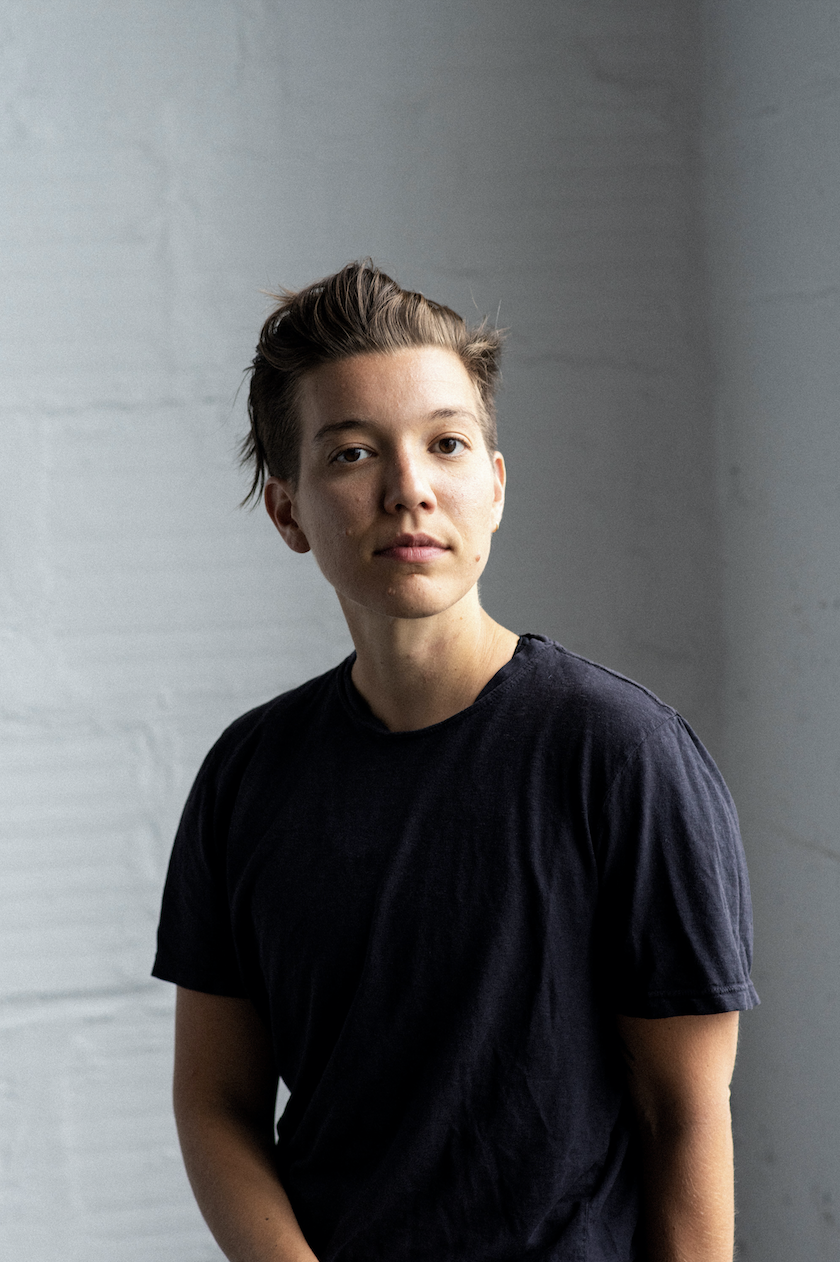
Annabel Graham

Stephanie Danler. Photo: Emily Knecht Stephanie Danler’s new memoir, Stray, begins with the author’s return to her native California after the publication of Sweetbitter (2016), her best-selling debut novel. Danler interweaves the mythology of the storied, volatile land she comes from with that of the three complicated people who shaped her most: her mercurial, alcoholic mother; her estranged, charismatic, meth-addicted father; and “the Monster,” a sadistically charming married man with whom she’s having a toxic affair. Stray sees Danler fight for independence and survival—an apt theme for a book released during the third month of a global pandemic. For 
Genevieve Hudson. Photo: Thomas Teal Genevieve Hudson’s debut novel, Boys of Alabama, tells the story of Max, a shy German teenager with a rare magical power, who emigrates with his parents to Alabama (Hudson’s own native state). There, Max finds a place rife with wonders and terrors beyond anything he’s ever known. It’s a slow-burning exploration of queerness and magic and toxic masculinity—of otherness and the yearning to belong—set against the landscape of the Deep South. During the early days of the lockdown, Hudson and I talked about obsession, sentences that are more than mere load-bearing devices, and the 
Emily Nemens. Photo: James Emmerman Emily Nemens, the editor in chief of the Paris Review, is also an accomplished illustrator: Her cartoons have appeared in publications like the New Yorker, and in 2011 she started a multiyear series of watercolor portraits of every woman in the 112th, 113th, and 114th Congresses. Nemens also happens to know a lot about baseball, thanks to a childhood spent watching Mariners games with her father in her native Seattle. Each of these skills comes into play in Nemens’s new novel, The Cactus League, a propulsive debut set in the highly competitive world of 
Kimberly King Parsons. Photo: Heather Hawksford The Texan girls and women who populate Black Light, Kimberly King Parsons’s debut story collection, are messy and loud and unapologetic. They fall hard and fast. Parsons gives her characters ample space to make mistakes, and they do—repeatedly—but we love them no less for it. Case in point: in “Glow Hunter,” when the impossibly magnetic Bo gets shards of glass embedded in her hand while doing parking-lot cartwheels, she pours Mountain Dew on the gash, watches it fizz, and goes about her day (which involves hunting for magic mushrooms in roadside cowpats). Such 
T Kira Madden grew up queer and biracial in Boca Raton, Florida, the only child of parents battling drug and alcohol addictions. In her widely-lauded debut memoir, Long Live the Tribe of Fatherless Girls, she details her coming-of-age and her search, admist such volatile circumstances, for connection and stability. She often finds those things—or semblances of them—in unlikely places. The first few pages of the memoir find Madden befriending the J.C. Penney jewelry mannequin her mother sets up in their living room to ward off intruders, naming him “Uncle Nuke.” She twists off his plastic hand, keeps it in 
In the autobiographical essays that make up her debut collection, Tonight I’m Someone Else, Chelsea Hodson examines the chaotic and bewildering experience of being an American woman and artist. At first glance, some essays resemble a well-curated Twitter feed—like the single-line, stream-of-consciousness observations found in “The End of Longing”—but Hodson offers much more than aphoristic quips: She delves deeply into themes such as longing, desire, performance, and voyeurism. Her fragmentary, self-aware style evokes recent works by Sarah Manguso, Jenny Offill, and Maggie Nelson, yet her meticulously-crafted sentences sing with an elegance that is entirely her own. A sharp observer,